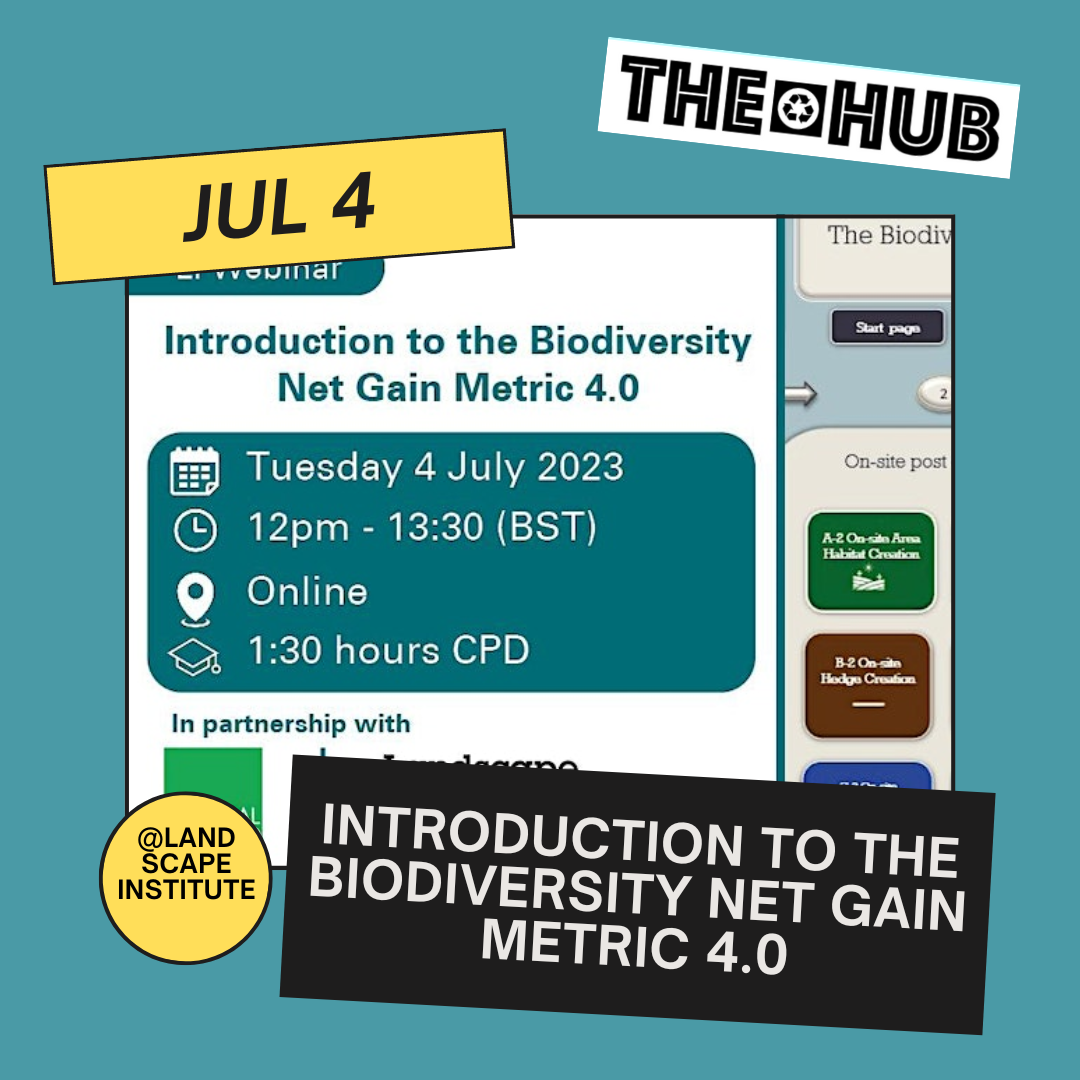Greener Cities: Meet your pavement plants
We are in the midst of a biodiversity crisis and it is vital that we take action to ensure our towns, cities and other urban areas are havens for wildlife. Yet, most councils in the UK still look to maintain a ‘neat and tidy’ approach by spraying our streets, parks, and playgrounds.
These weeds play a valuable role in supporting bees, pollinators, birds, and many other species that forage or shelter on them. And many have their own intrinsic beauty that can bring joy to those of us that are lucky enough to see them.
Going pesticide-free and allowing nature to thrive does not need to result in overgrown streets that compromise on accessibility and aesthetics. Our cities can be both well maintained and thriving with biodiversity, but it takes imaginative designing, attentive planning, and dedicated maintenance to be successful.
To launch Pesticide Action Network's new guide 'Greener Cities: A guide to the plants growing on our pavements' they will be joined by:
Dr Amanda Tuke (urban botanist) who will turn a spotlight on some of the many plants that thrive on our streets and provide an insight into their importance.
Brigit Strawbridge Howard (naturalist and author of 'Dancing with Bees') will discuss the benefits of these plants for our insects and other wildlife.
Sarah Cooke (Associate Landscape Architect, Groundwork) will speak of the importance of purposefully designing the wild spaces in our cities to benefit biodiversity.
Time: 19:00 BST



